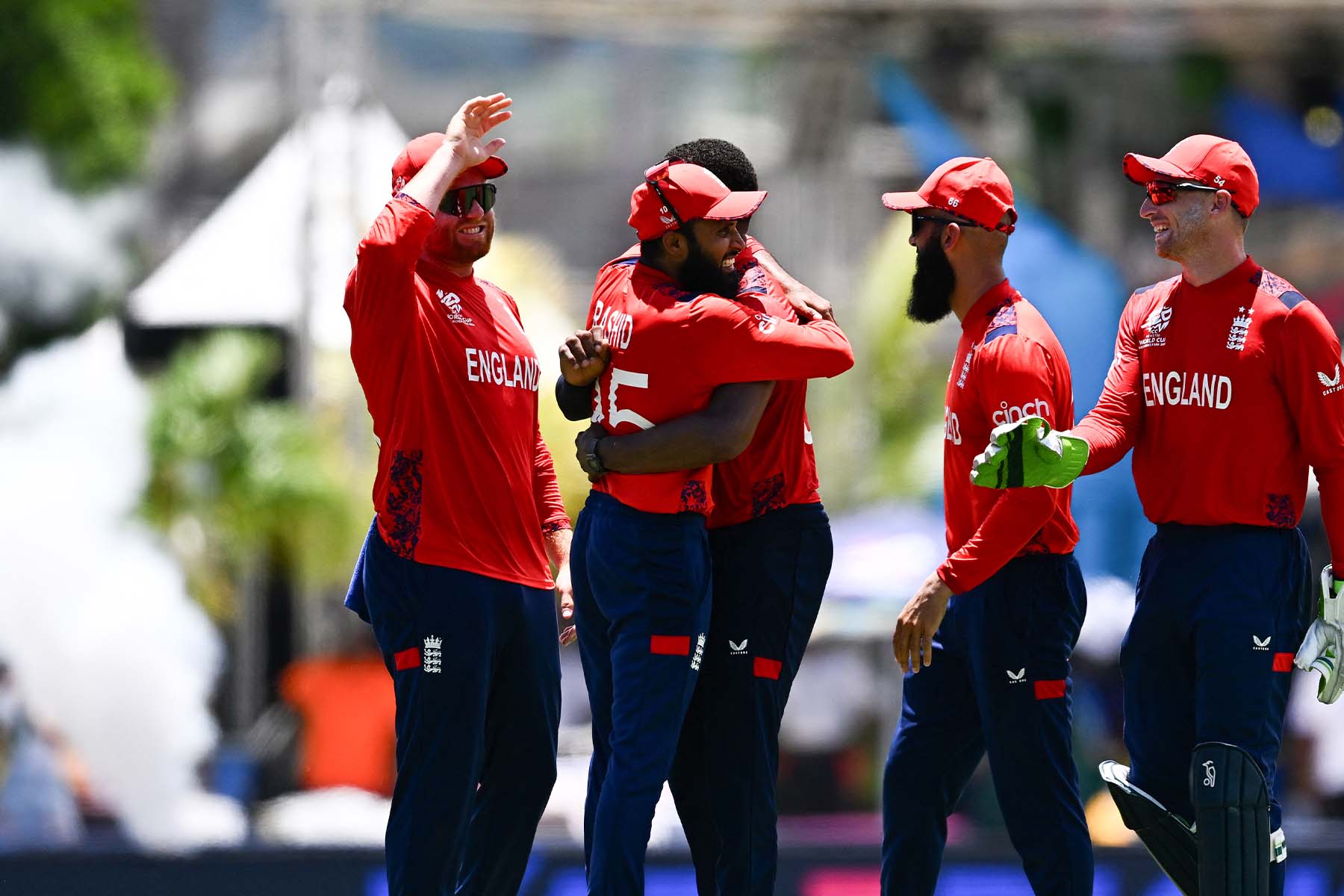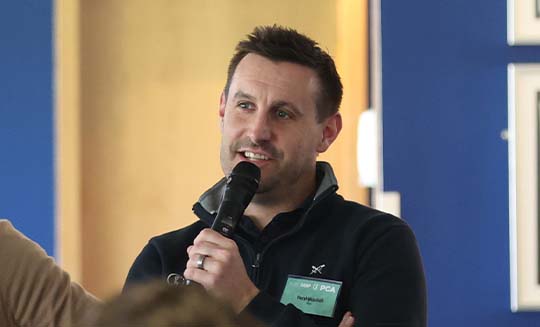PCA PRESS RELEASE
Group will work with consultants to review and produce set of recommendations.
To see more articles, click here
Building on the work it has done over the last decade, including its men’s and women’s Global Employment Reports, WCA has commenced an independent global game structure review process.
Group Composition & Mandate
The workstream will be spearheaded by:
- Paul Marsh (Independent group Chair, current AFLPA and former ACA CEO)
- Sana Mir (former Pakistan captain, current independent WCA Board member)
- Sanjog Gupta (Head of Sports, Disney Star)
- Tony Irish (former SACA CEO and current independent WCA Board member)
- Tom Harrison (former CEO, ECB)
- James Kitching (former Director of Football Regulatory, FIFA)
- Ex Officio: Tom Moffat (WCA CEO), Stephanie Bond (WCA Head of Legal)
The group will be working with independent consultants to be appointed, to review and produce a set of recommendations to the WCA Board with respect to the global structure of cricket across the men’s and women’s games. It will focus in particular on ICC Events, bilateral international cricket and domestic leagues as the major revenue generating cricket landscapes in which the best players in the world compete, and which fund the professional game pyramids and player career pathways underneath them.
Solutions Focused
As with all of WCA’s work, the workstream will be player led, but will also include broader consultation across the game, including with current and ex administrators including ICC, owners, media, and others. In addition to pre-obtained global player survey data, players will continue to be engaged via international team meetings, the WCA Player Advisory Board, and planned global scheduling symposium processes. The report will be focussed on constructive solutions to known issues with a view to optimising the game’s structure, including across global:
- Scheduling (in particular as between international cricket and domestic leagues)
- Game economics
- Player employment, contracting and regulation
Known Issues and Working Hypothesis
The work-stream comes on the back of the ongoing failure of the game to come together and establish a global structure for the game that enables international cricket and domestic leagues to co-exist in a clear, coherent calendar for players, fans and commercial partners. The following forms part of the working hypothesis of the group with respect to known global issues:
- Global Scheduling – The current model is broken and unsustainable – confusing and chaotic global scheduling with no clarity on the interplay between international cricket and the domestic leagues means players are increasingly forced to choose between representing their country and optimising their careers
- Global Game Economics – Growing disparity between countries and reliance on just a few to fund the entire game leaves the vast majority of cricketing nations with limited ability to invest in the development of the game, and the constant need to make short term decisions
- Player Employment, Contracting and Regulation – The lack of a clear global calendar makes it impossible for the game to regulate itself transnationally in a fair and balanced way, and to ensure contract stability across the game
Change is badly needed to create ongoing clarity, and value, for players, Boards and fans alike.
"The players deserve a say on the future of the game and want us to start putting forward some solutions to known issues."
HEATH MILLS
WCA Chair, Heath Mills said:
“It’s been great to see increased discussion on some of the significant issues with the global game structure that we have highlighted over the last decade. Players and their associations around the world are united on the need for change.”
“We are fortunate that cricket is spoilt for choice and has three core formats across both the international game and domestic leagues. However, to date, the game’s leadership has collectively failed to come together to establish a clear and coherent global structure in which they can co-exist. We have virtually given up hope of it doing so.”
“The players deserve a say on the future of the game and want us to start putting forward some solutions to known issues. The process we have put in place, guided by independent expertise, will be focussed on making recommendations to our Board on optimising the game’s global structure, ensuring sustainable value, and providing more clarity, consistency, and less confusion for players, fans and commercial partners alike.”
Paul Marsh said:
“It’s great to be back involved in cricket as part of this much needed piece of work for the game and players within it. It will be undertaken with an open mind and be solutions focussed.”
“Having watched the progress of the game over the past 10 years from outside the sport, it is clear to me that there is so much opportunity for cricket if it can get this part of the puzzle right. But it is also clear to me that the long term health of cricket is at risk if this work is not done and changes are not made.”
WCA Independent Board Member, Sana Mir said:
“Cricket is a global game and global issues significantly impact on every country and player, and the health of the game in their own territories. This important process will mainly focus on the parts of cricket that fund the entire sport underneath it.”
Sanjog Gupta said:
“Cricket, driven by changing consumer habits, emerging media trends and evolving realities of the game, has witnessed accelerated foundational changes over the last decade. There can’t be a more suitable time for key stakeholders in the game to contribute towards work that could help shape thinking about the game’s future.”







